The movie Cabrini by Angel Studios recently captivated the Church’s conversation on modern feminism. Mother Cabrini, a tenacious leader, was able to accomplish much all while living a life of deep faith and communion in the Catholic Church. When Church History is examined closely, we realize the Mother Cabrini is just one of many women in the Catholic Church who changed the course of history for the better, all while living true to their faith in a world that often challenged them to deviate from Mother Church’s teachings.
One such saint, and perhaps the most cited example of the feminine genius since the Blessed Mother herself, is St. Catherine of Sienna, who’s feast day falls on April 29th. St. Catherine is one of the only female Doctors of the Church who famously convinced Pope Gregory XI to return the papacy to Rome. She lived a humble life, a member of the Dominican Third Order who immersed herself in politics and experienced mystical encounters with Our Lord. Perhaps the key to her success is that St. Catherine of Sienna lived without regard for human praise. St. Catherine would allegedly give food and clothes from her family’s home to those in need, often taking criticism for doing so. She willingly accepted this criticism for the benefit of others. This experience undoubtedly prepared her to live in the courage necessary to petition the Pope Himself on behalf of Christ.

Women in our modern world face an incredible invitation from Our Lord to live radically. And oftentimes this radical invitation is experienced in health care settings. Our Church teaches that the goodness of the female body is not to be rejected. The human person was made to be received in its totality. We were made to loved in every part of who we are, first and foremost by the God who created us. This requires that we embrace and appreciate the gifts He has bestowed upon in our spirit, mind, and body, including the parts of us that orchestrate our ability to procreate. Yet in 2018, 65% of all U.S. women were using a method of contraception, a rejection of female fertility and manifestation of the lie that women can simply suppress their fertility with no real consequence. This widespread use of contraception points to a cultural rejection of female fertility and the miracle of life.
For Catholic women who are striving to remain faithful to the Church’s vision of the human person, a simple 6-week postpartum visit can be one full of shame and anxiety as woman are often told the most responsible course of action is to use contraception for at least 18 months after birth with no reference to or mention of natural methods of understanding our fertility and health, as is provided through natural family planning.

Women! The Church in its wisdom has invited us for 2000 years to embrace the gift of our bodies and the gift of fertility! In order to do that in this day and age, we will experience rejection and criticism. But when we look to the lives of Saints such as Catherine of Sienna, we might recall the words that Christ spoke to His disciples, “No slave is greater than his master.’ If they persecuted me, they will also persecute you.” (John 15:20)
In communion with each other let us live as St. Catherine in radical humility that paves the way for courageous fidelity to the Heart of Christ!


